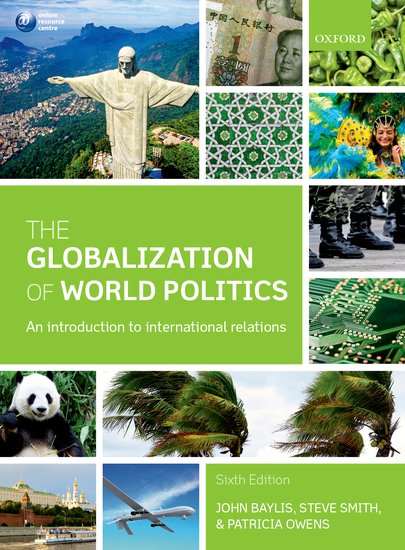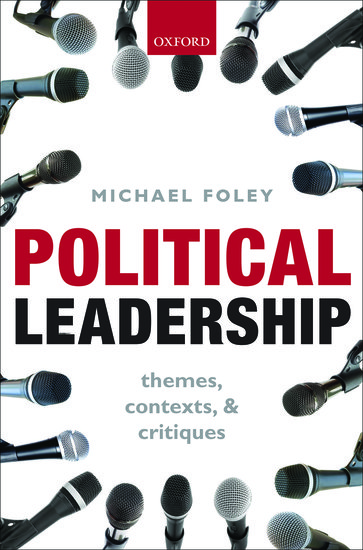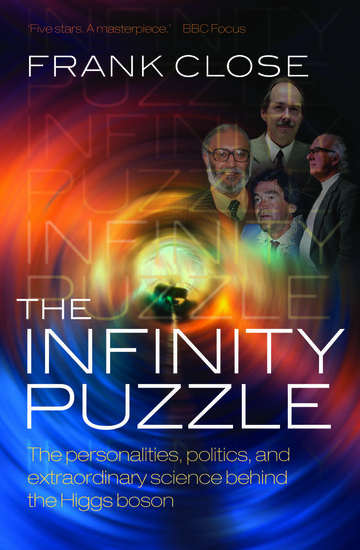Dirty South hip hop and societal ills in the former Confederacy
Dirty South hip hop refers to a gritty rap culture first developed in the southern United States during the 1980s and the 1990s. Goodie Mob, an eccentric quartet from Atlanta, Georgia, titled a 1995 single “Dirty South” in order to shed light on myriad societal ills in the former Confederacy, where ethnic prejudice and racism seemed to be perennial sicknesses.


















